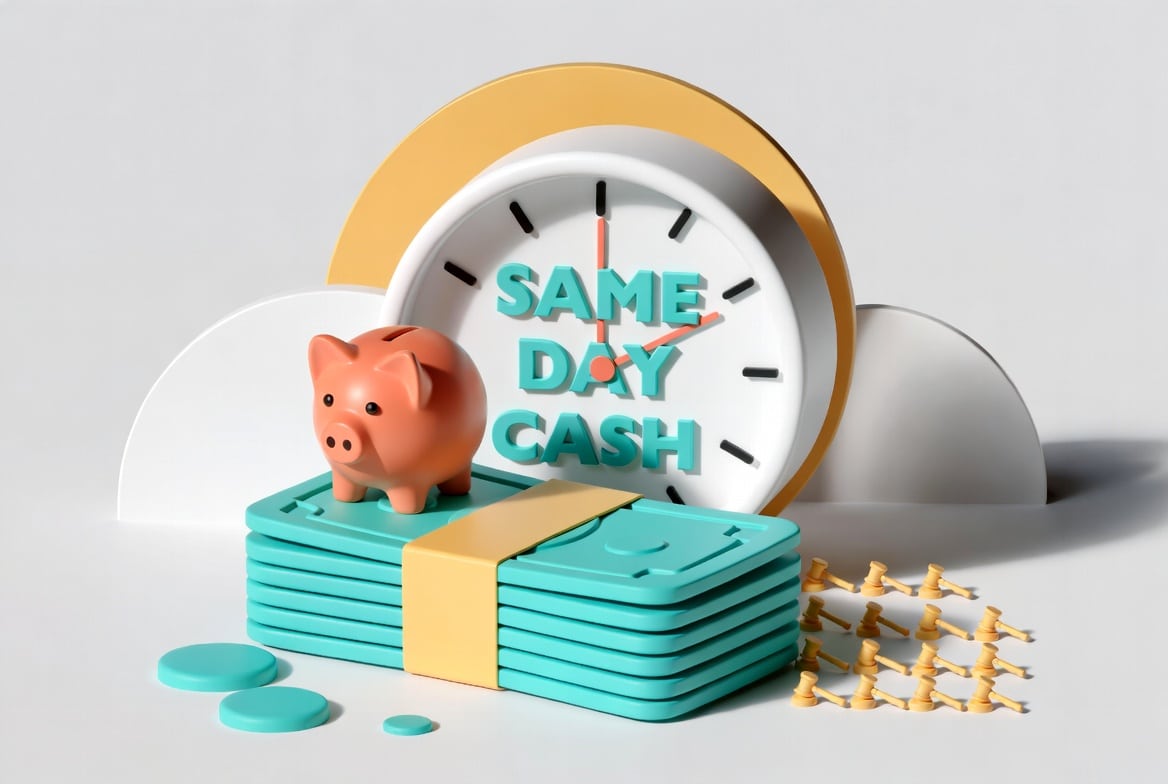Reaching an amicable settlement is an excellent thing after a lengthy personal injury lawsuit or claim. However, although receiving your settlement payment may seem like a little windfall, it may also mean you have to make an important decision as to what to do with that money once it starts flowing in.
For instance, family circumstances and paying down debts may govern these considerations. This is especially true if you are suffering from injuries causing lifetime disability, which means you would naturally want your settlement money to become a permanent source of income.
But, no matter the situation, consider your specific circumstances and long-term objectives before deciding on how to spend your lawsuit proceeds.
Here are some factors you may want to consider before and even after you receive your settlement or award.
Be realistic about paying what’s important before spending your mode of settlement on other things
Even while settlement negotiations are yet in the pipeline, you need to decide whether you should accept settlement funds as a lump sum or receive them as dividend payments over time. Often, that decision depends on the needs of each individual. What’s best for you depends on your financial situation and financial needs.
While it is essential to choose the right medium for receiving the settlement dues, it is best to choose one that provides enough cash to afford all expenditures and maintains a sustainable fund as a capital asset.
Statistics suggest that most people prefer receiving a lump sum for a settlement. However, if you receive a substantial amount, you may want to ensure you first spend it on paying down debt and the utmost essential expenses. Once you pay down debt and other bills, you are ready to make a sound decision on how to use the settlement money next.
If you don’t know where to start, you may need professional advice to play it safe with the settlement payout you receive. Wondering what to do with a lump sum of extra money from the winnings of a legal case is a good problem to have since it will not last if you spend it imprudently.
Find ways to sustain your settlement for a long time
After you finish paying off your debt, some good options to consider on how to manage your settlement money may involve:
- Watching your spending,
- Re-building your credit,
- Keeping your debt low,
- Creating a realistic budget,
- Choosing lucrative financing options,
- Opening a retirement or a CD account,
- Making a will,
- Starting an emergency fund,
- Earning interest on your money.
While creating a financial plan around your settlement can be uncomfortable, a professional can help you be prudent with your settlement to tackle the complexities you may face.
Remember, settling a lawsuit or a claim is a critical stage in life. You can soon run out of settlement payment if you do not create a financial plan and realize that those proceeds will one day exhaust away when there is no inflow. Hiring a legitimate financial planner to help you manage your settlement could be the best option if you don’t know how to handle a large amount of cash.
Consider the taxes you may have to pay
Personal injury settlements are exempt from taxation in most states. However, it depends upon the nature of the claim if income tax obligations may hit.
Proceeds from settlements of personal injuries, sickness, mental distress, and anguish do not count as income; hence do not attract income taxes. However, taxes would apply if the claim involves a breach of contract, loss of profits, punitive damage, copyright infringement, or other wrongs.
Once you receive the payout, any income generated from invested proceeds, be it profits, interests, or dividends, may be subject to the relevant tax mechanism.
On the other hand, a structured settlement may provide you with a well-managed flow of money and procures tax exemptions.
If you have to pay taxes for whatever reason, consider hiring a good accountant to help you file that tax return.
Make safe investment moves
After receiving a lump sum from the settlement, you may hunt for safe and secure investment opportunities. However, making investments out of settlement proceeds always follows the usual investment risks. These risks include the typical probabilities of market crashes, natural calamities, diplomatic sanctions, business losses, and more.
It is important to recognize these risks before making any sound investments.
For those who have already decided to invest, consider the best options available in the money market with an expert. For example, if you received a substantial amount on your settlement, you can put your eggs in multiple baskets to avoid abrupt losses. Some conventional forms of investment can be stocks, bonds, commodities, real estate, investment properties, or spending on income-producing assets.
However, understand that all investments come with risks. As a rule of thumb, keeping your money invested for a longer period can overcome a down market in the future.
In addition, with the advent of modern technology, novel investment opportunities have surfaced, including blockchain, electronic currency, and online forex trading regimes allowing people to multiply their earnings through speculating market trends. But these markets also carry high risk.
If you do choose to invest some of your money, consider a broker, an investment adviser, or a financial planner who can be a helpful resource for your settlement funds to last and grow.
If you are considering opening a business, speak to a business attorney to help set up your new business, and deal with other legal situations. Another good option you can consider is hiring an accountant for your business. They can help you set up your books and manage them while keeping track of all expenses and income on your new business.
Last words
Before spending your settlement proceeds, have a clear view of your monthly expenses and chart out a plan containing all probable outflows likely to be incurred shortly.
A factor that plays a big part in this financial decision is the nature of an injury or incident. Suppose it is to last for a lifetime or has resulted in permanent impairment, then wisely plan to rely only on those proceeds and hence decide accordingly. However, when you can generate other incomes in the future, you can then bank upon less-profitable investments.
For people who plan, pay down their debt, and hire the correct professionals to help decide to use lump sums smartly, a bright financial future may follow.
However, making financial decisions in haste without considering prevailing circumstances can result in a significant loss. Uncalculated expenditures are likely to hurt in the long run.









